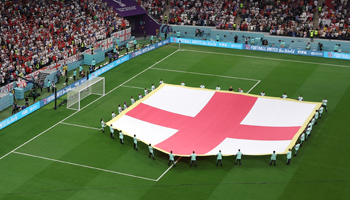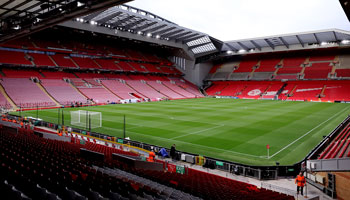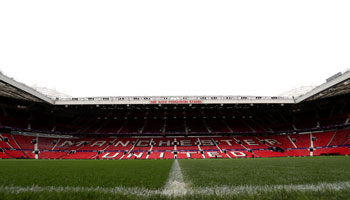Sunderland manager Sam Allardyce fits six of seven trends that unified the 21st century’s most successful international managers at the time they got the job that brought them their silverware.
Between them, Joachim Löw, Vicente del Bosque, Luis Aragones, Marcello Lippi, Otto Rehhagel, Luiz Felipe Scolari and Roger Lemerre have won every World Cup or Euros since the year 2000.
Allardyce now finds himself at similar point in his career to the juncture at which the members of that illustrious septet took over managerial roles with Germany, Spain, Italy, Greece, Brazil and France respectively.
‘Big Sam’ is also the shortest-priced candidate in the next England manager betting to fit five of the aforementioned trends, which cover factors such as age, club and international success/experience and working abroad, at at 8/1…
At 61, Allardyce has the seniority to bring England success based on the last four World Cup and Euros winners, among whom only Germany tactician Löw was younger than 53 when he answered the call.
The Englishman’s 25 years of club management memories easily surpass the 19 years of dugout stripes in that sphere five of the seven paragons possessed when taking over.
A complete lack of international experience as manager shouldn’t hold back the Dudley-born dugout dogfighter either.
Löw spent two years as assistant to Jurgen Klinsmann with Germany before taking over in 2006 and Lemerre was second in command at the 1998 World Cup after a decade-long stint in charge of France’s army team.
Yet, of the seven benchmarks, only Scolari had past full international management experience to call upon when he accepted the national team job that made his name and even then only thanks to a months-long, Iraq-war-curtailed stint in charge of Kuwait in 1990.
Six of the 21st century’s seven most successful international bosses had already won a national level league title, but this precedent doesn’t count against the Sunderland supremo either.
English Division Three and League of Ireland First Division wins with Notts County and Limerick respectively testify to him having the managerial chops to steer a team to the zenith over a season of football.
The latter triumph also highlights his experience across different countries, a trait shared by Löw, Del Bosque, Scolari and Lemerre at the time they were appointed to the jobs that made their international names.
Only Allardyce’s failure to land more than the two trophies mentioned stands between him and a full row of ticks across all seven trends that unite the 21st century’s most successful international managers.















